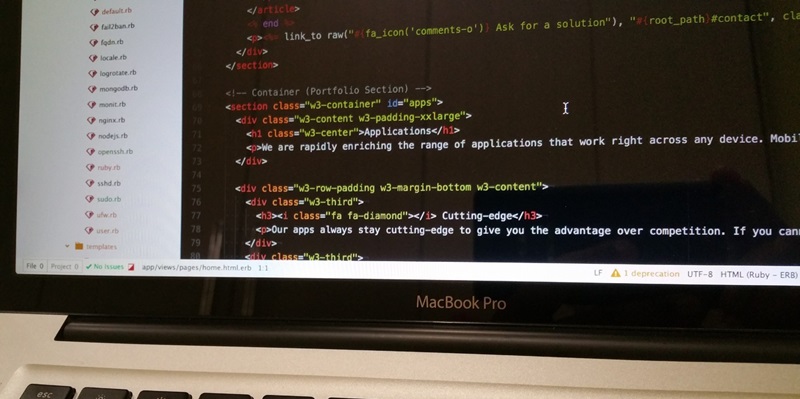In recent years, cyberattacks have become increasingly sophisticated, with Advanced Persistent Threat (APT) groups continuously evolving their tactics to infiltrate and disrupt targeted systems. One such APT group is the notorious “WildCard,” known for its nefarious activities in the cyber realm. This article sheds light on the newly discovered variants of the notorious SysJoker malware, initially employed by the WildCard group, and their targeted attacks on Israel’s educational sector.
Introduction to SysJoker Malware and WildCard APT Group
The WildCard APT group initially drew the attention of cybersecurity experts through their use of the SysJoker malware, which specifically targeted Israel’s educational sector. This strategic action highlighted the group’s objective of compromising critical systems and gaining unauthorized access to sensitive information.
Unveiling Rustdown: The New Variant
In a concerning turn of events, cybersecurity researchers have recently uncovered the existence of a new variant of malware, aptly named “Rustdown,” developed by the WildCard group. This variant signifies a shift in the group’s focus, extending beyond the educational sector to critical sectors within Israel, such as IT infrastructure and electric power generation.
Discovery of Evolved Malware Variants
Further investigation into the SysJoker malware has revealed the emergence of two evolved variants, indicating the continuous development and sophistication of the WildCard group’s infiltration techniques. Specifically, the researchers identified two samples: DMADevice.exe and AppMessagingRegistrar.exe.
Analysis of the First Variant
Upon scrutinizing the first variant, it was discovered that this particular iteration was compiled subsequent to the DMAdevice variant, making it even more potent than previous versions. Additionally, through code analysis, cybersecurity experts revealed striking resemblances between this variant and the original SysJoker malware, indicating a connection to the WildCard APT group.
Introducing RustDown: The New Variant
As of October 2023, the WildCard APT group has been observed relying on a distinct malware variant coded in Rust, a programming language known for its security and performance characteristics. While the codebase of this malware variant may be new, its tactics, techniques, and procedures (TTPs) align closely with those of the WildCard group.
Behavioral Patterns of RustDown Malware
An in-depth analysis of RustDown malware has emphasized its unique implementation of multiple calls to the Sleep API, each with random time durations. This deliberate strategy aims to deceive traditional detection mechanisms, making it more challenging for security systems to identify and mitigate the threat. Remarkably, this approach bears striking similarities to the observed behavior of the original SysJoker malware.
Publication of a Comprehensive Report
To assist cybersecurity professionals and organizations in combating these evolving threats, a detailed report has been published, encompassing vital information about the variants of the SysJoker malware and insights into the inner workings of the WildCard APT group. This report provides invaluable resources, including TTPs, source code, hash values, and other pertinent data necessary for improved threat intelligence and proactive defense measures.
The emergence of new SysJoker malware variants and the continued activities of the WildCard APT group underscore the persistent and ever-evolving nature of cyber threats. As organizations and governments diligently work to safeguard their critical systems, it is imperative to remain aware of the tactics employed by APT groups such as WildCard. The dissemination of comprehensive reports and ongoing monitoring efforts are instrumental in establishing effective cybersecurity measures to mitigate risks and protect against potential attacks.

